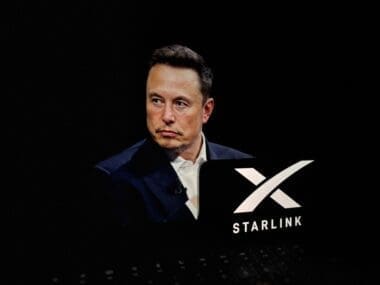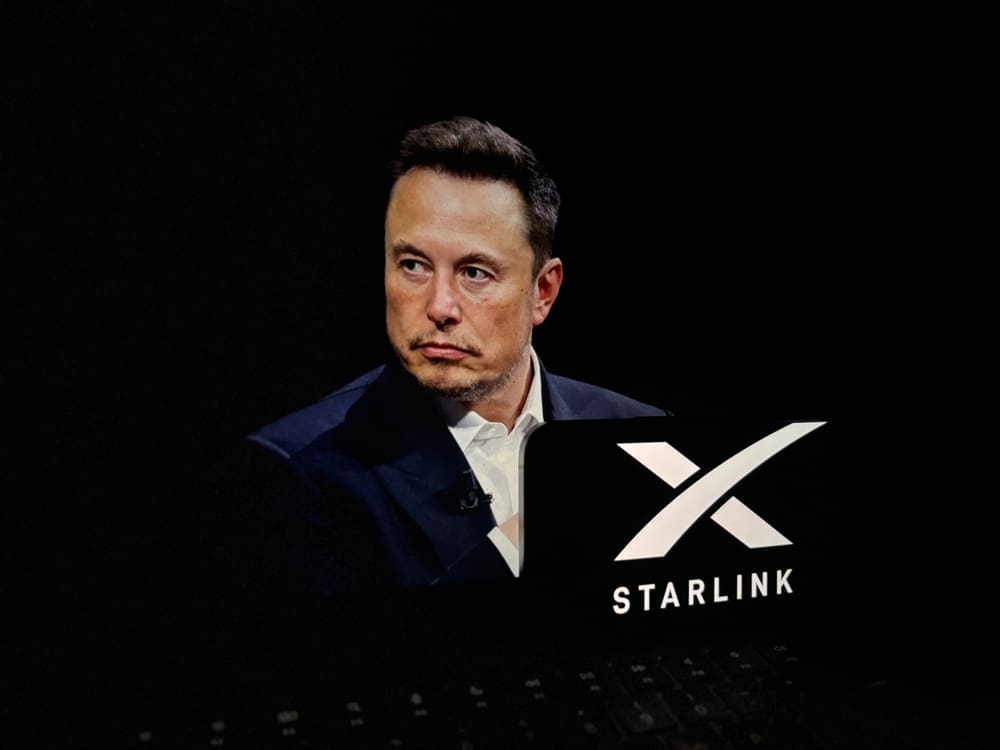The Federal Aviation Administration (FAA) has taken a significant step by deciding to implement SpaceX’s Starlink internet system to modernize its information technology infrastructure. This move has sparked debate regarding potential conflicts of interest involving Elon Musk, who simultaneously advocates for budget reductions at federal agencies, including the FAA.
The contract, whose financial details remain undisclosed, illustrates the FAA’s intent to overhaul its aging systems with the advanced capabilities offered by Starlink satellites. SpaceX, the brainchild of Elon Musk, relies heavily on government contracts, especially from NASA. Starlink, known for providing internet service globally to both governmental and private entities, has become a cornerstone of SpaceX’s offerings.
Concerns arise from Musk’s dual roles in the public and private sectors. As a proponent of cutting federal spending, including at the FAA, Musk’s involvement in contracts that benefit his enterprises raises eyebrows. His support for the previous administration complicates matters further, especially as he heads the Department of Government Efficiency, advocating for staff reductions under the guise of eliminating waste.
The FAA has been transparent about its Starlink trials, with tests already underway at its Atlantic City, New Jersey, facility and in non-critical locations in Alaska. The selection of Alaska is particularly poignant, addressing historical connectivity challenges that have plagued its aviation community. As part of the 2024 FAA reauthorization, there is a directive to enhance telecommunications, a challenge Starlink aims to resolve through its satellite network.
Bloomberg’s revelations suggest a broader roll-out of 4,000 Starlink terminals over the next 12 to 18 months. This ambitious plan underscores the FAA’s urgent need for modernization, as highlighted by a critical report from the Government Accountability Office, titled ‘Urgent FAA actions are needed to modernize aging systems.’
In response to a recent tragic helicopter crash, Transportation Secretary Sean Duffy announced collaboration with Musk to expedite changes in airspace management. Musk’s public critique of the existing Verizon network, which currently services FAA communications, has intensified focus on Starlink’s potential to rectify these shortcomings. ‘The Verizon system is not working and so is putting air travelers at serious risk,’ Musk stated on his social media platform.
Musk’s intricate web of business interests, governed by diverse federal agencies, often places him in challenging positions. While his companies thrive on government initiatives, the potential for conflicting interests remains a subject of scrutiny. Richard Painter, former chief White House ethics lawyer and a vocal critic, argues that Musk should be more transparent about his financial interests, criticizing current arrangements that exempt Musk from full disclosure.
The broader implications of Musk’s involvement in space mining, particularly with SpaceX’s upcoming mission for AstroForge, further fuel concerns about potential conflicts. Painter warns of significant conflicts arising from Musk’s overlapping roles in the private sector and his advisory capacity within the government.
As the FAA integrates Starlink into its operations, the broader discourse on the ethics of federal-private partnerships, particularly involving key industry figures like Elon Musk, remains vital. These developments highlight the ongoing tension between innovation and ethical governance, posing essential questions for policymakers and stakeholders alike.











